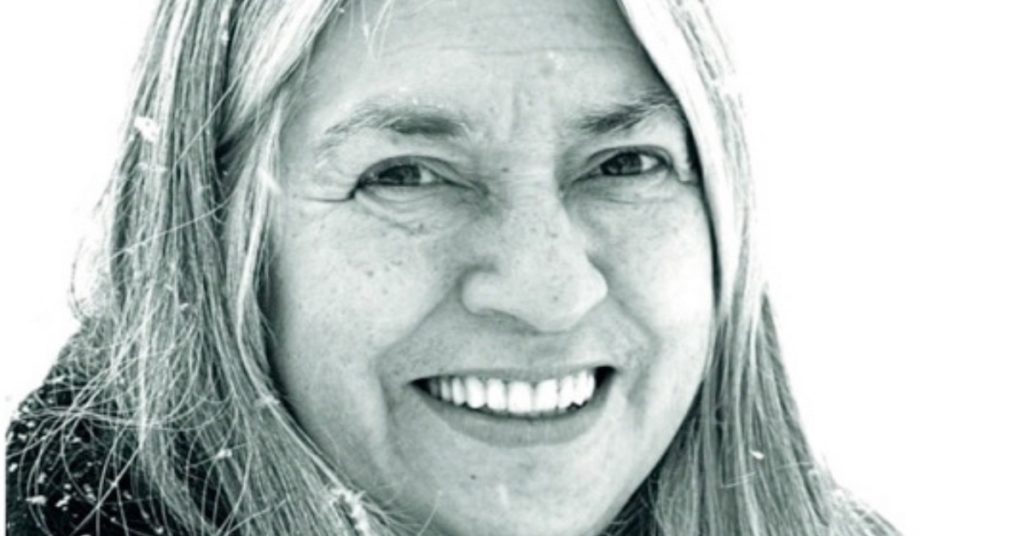
(November 11, 2021) The news of Lee Maracle’s sudden passing in Surrey, BC in the early hours of November 11 at the age of 71 has left the many Indigenous writers she inspired and befriended in mourning today. Her impact on the development of Indigenous literature in Canada cannot be understated. She was named an Officer in the Order of Canada in 2018 “for her contributions to Canada’s literary landscape and for her influential voice in cultural relations between Indigenous and non-Indigenous peoples in Canada.”
A member of the Sto: lo Nation, Maracle’s life was a story of firsts for an Indigenous woman, one of the first Indigenous children to be allowed to attend her high school in North Vancouver and one of the first Indigenous writers to be published in Canada with an autobiographical novel called Bobbi Lee: Indian Rebel in 1975.
Lee Maracle was also the granddaughter of actor, musician, and author Chief Dan George (born as Geswanouth Slahoot) who, in the 1970s and 1980s, was probably the most famous Indigenous person in North America owing to his stand-out performance as the prophetic Old Lodge Skins in Little Big Man (1970) with Dustin Hoffman.
Maracle’s extensive body of work comes in all forms—poetry, fiction, non-fiction, essay, short stories, and anthologies. Her work was unified in its feminist approach to decolonization.
“Canada puts Indigenous writers, particularly, Indigenous women, last,” she said in her 2020 Margaret Laurence Lecture. “Conquest is understandable, but not acceptable. I get it because if you accept that we are here first, then you would lose your place here and all this conquest would be for naught.”
Her final book, a collection of poetry, Hope Matters, published in 2019, was written with her daughters Columpa Bobb and Tania Carter.
“Daughters and mother poetry dances around each other, weaves rhythm and breathes love. The ancestors sing, babies laugh and hope always wins,” wrote Katherena Vermette, author of The Break, River Woman, and the recently published, award-winning The Strangers.
Maracle befriended and inspired a generation (or two) of Indigenous writers who have been expressing their love and condolences for her loss today on social media.
Waubgeshig Rice, author, and journalist from Wasauksing First Nation, said there was a “wave of revolutionary Indigenous literature because of the splash Lee Maracle created decades ago …”
Angela Sterritt, CBC Reporter, author and artist from the Gitanmaax band of the Gitxsan nation, wrote, “how she schooled many of us (including me) to be more compassionate in the world.”
Drew Hayden Taylor, award-winning Canadian playwright, author, columnist, film maker and lecturer from the Curve Lake First Nations in Ontario tweeted, “She was a great inspiration to me. Hard to believe I’m never going to hear that boisterous laugh again.”
Lee Maracle was co-founder of the En’owkin International School of Writing, a learning institute in Penticton, BC, with an Indigenous Fine Arts Program and an Okanagon Language Program, says her entry in the Canadian Encyclopedia. She was also an Indigenous Elder and instructor at U of T’s Centre for Indigenous Studies, a mother of four, a grandmother and an avid gardener.
Related Reading
Episode 2: Métis history comes alive with Katherena Vermette May 10, 2021